Chinese culture centres spark propaganda fears
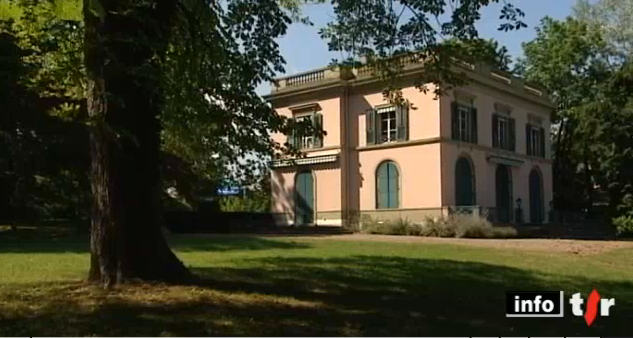
Confucius Institutes are springing up all over the place, bringing Chinese language and culture to foreign audiences.
One has recently opened in Geneva, attached to the university there, offering courses in Mandarin. A second is scheduled to open in Zurich in autumn, and a third in Basel in 2013.
But some of the media are questioning their independence.
Confucius Institutes are more or less the equivalent of the Alliance Française, Goethe Institutes, the British Council, the Società Dante Alighieri and the Institutos Cervantes, which different European countries have had in Swiss cities for many years to promote their language and culture.
It is scarcely surprising that a country like China, an emerging economic and political power, is also looking for more cultural influence to enhance its reputation – part of the “soft power initiative” launched by Chinese President Hu Jintao in 2005.
The cultural institutions of most countries are autonomous, unconnected with any local educational facility. But China’s Confucius Institutes are different, leading to criticism from some teachers, education authorities and parts of the media.
Partner institutions
Confucius Institutes usually work with partner institutions such as universities in the host country, the director of the new institute in Geneva, Basile Zimmermann, told swissinfo.ch. This fact, and the extremely varied range of what is on offer at the 300 or so different Confucius Institutes round the world, has led to misunderstandings, he said.
But why should it be linked to the university?
“From the Chinese point of view, culture and language are regarded as academic studies,” said Sun Ling, education councillor at the Chinese embassy in Bern.
“So the advantage of having universities as partners is that research is conducted at them,” she said, explaining that Confucius Institutes are not purely language schools.
From consulate to cooking
Ivana Vrbica, director of the tertiary education section in Geneva’s education office, confirmed the wide range of subjects offered by the institutes.
“Each of the 300 Confucius Institutes is organised a bit differently from the others. Some function almost like consulates – in other words, they are government offices. In others, for example in America, you can learn to cook Chinese food.”
As for the Confucius Institute in Geneva, its programme has been drawn up by Geneva University, in partnership with the Renmin University of China in Beijing, she said.
The Villa Rive-Belle, which belongs to the canton, has been put at the university’s disposal to house the institute.
Academic freedom?
The Swiss press, reporting on the opening of the institute, devoted a lot of space to concerns over censorship.
It was not only the Geneva-based Tribune de Genève that expressed anxiety. Other French and German-language Swiss papers, and even German papers like the Frankfurter Allgemeine Zeitung and Die Zeit, carried headlines like: “Propaganda tool of the People’s Republic”, “In bed with China” and “China at the gates!”
Sun attributed this to anti-Chinese prejudice.
“There have been similar institutions from other countries for 20 or 30 years, but no one has criticised them,” she told swissinfo.ch.
Vrbica says she has been asked several time whether, for example, Geneva University could still invite Chinese opposition figures or the Dalai Lama.
“Obviously a Swiss university works according to Swiss laws. And as far as academic freedom is concerned, the law in Geneva is quite clear,” she maintained.
Right of veto
Vrbica does not know whether the concerns expressed in the media are based on bad experiences with other Confucius Institutes. But she is certain that they are irrelevant in the Geneva model of cooperation between the institute and the university.
“There is a clause in the contract with the Confucius Institute stating that in the event of conflict, a Geneva court will decide,” Zimmermann explained.
“The Confucius Institute is an addition to the university’s existing, independent Chinese Studies programme. If one of the two partners does not want to take part in a project, it doesn’t have to. Both we and the Chinese have a right of veto.”
The Geneva-based newspaper Le Temps concludes from this that in certain areas it will not be possible for them to work together. But such thorny subjects could then simply be covered by the university itself rather than in the Villa Rive-Belle.
There are already dozens of Confucius Institutes in Europe, but it is only recently that the first has been opened in Switzerland. Why were the Swiss so late?
“The cautious Swiss do not want to be influenced by anyone,” said Sun. “Everything must be right in every respect before they embark on anything.”
Confucius Institutes are non-profit public institutions aimed at promoting Chinese language and culture.
The headquarters is in Beijing, and the programme is overseen by Hanban, which is affiliated to the ministry of education.
They operate within existing educational institutions in the host country, providing teaching and educational materials. Funding is shared between Hanban and the host.
The first Confucius Institute opened in Seoul in late 2004.
There are currently about 300 worldwide.
Hanban aims to raise that to 1,000 by 2020.
The institute in Geneva has started modestly, with an initial budget of SFr200,000 ($223,000), half of it paid by China.
There is also a professor paid by the Beijing Renmin University.
The Swiss partner has contributed the luxurious lakeshore Villa Rive-Belle, whose value is set at SFr20 million, but which is not for sale.
Geneva and Zurich are the main universities offering Chinese in Switzerland.
Geneva University has had a programme in Chinese language, literature and civilisation since 1976.
It established a chair in Chinese Studies in 1987.
It has had a separate Department of East Asian Studies since 2011, with full programmes in Chinese and Japanese studies, and a partial programme in Korean.
Zurich University established its Institute of East Asian Studies in 1968.
It currently offers two branches of study in Sinology and two in Japanology.
The institute focuses on the scholarly exploration of the ancient and modern civilisations of China and Japan.
The philosopher Confucius was born in China in the 6th century BC.
His teachings emphasised family loyalty and the respect of elders by their children.
His philosophy, based on virtue and morality, was the official state ideology of China for about 2,000 years.
At the beginning of the 20th century, when the imperial system was overthrown, Confucianism was blamed for having helped the emperors keep the bulk of the population in subservience.
Later, Mao Zedong blamed Confucian ideology for China’s backwardness.
However, in recent years Confucius has again become popular.
(Adapted from German by Julia Slater)

In compliance with the JTI standards
More: SWI swissinfo.ch certified by the Journalism Trust Initiative
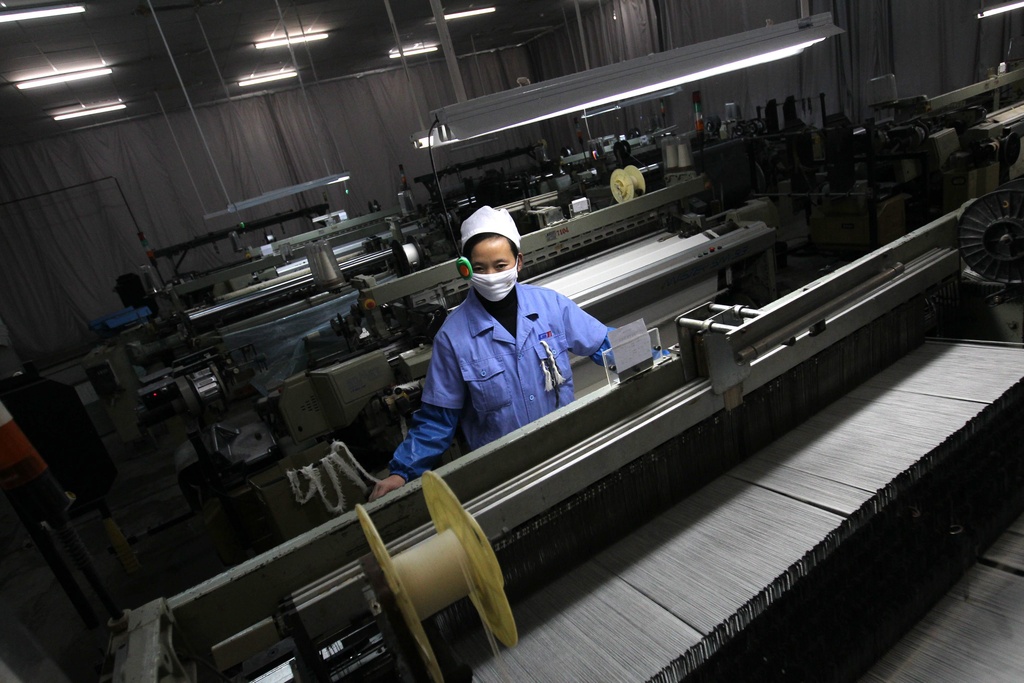
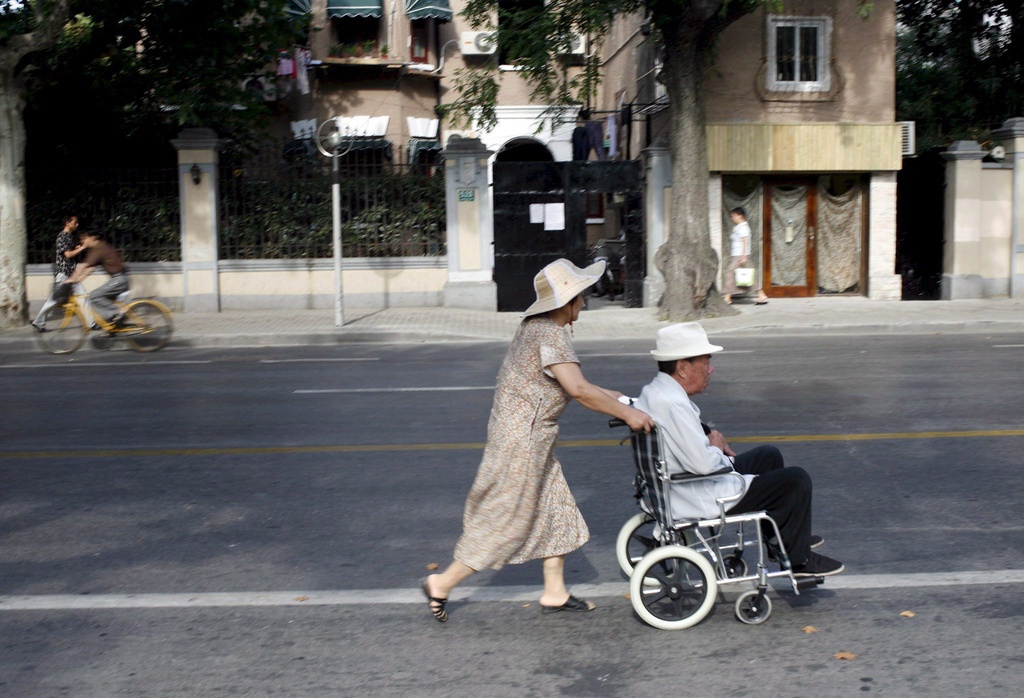
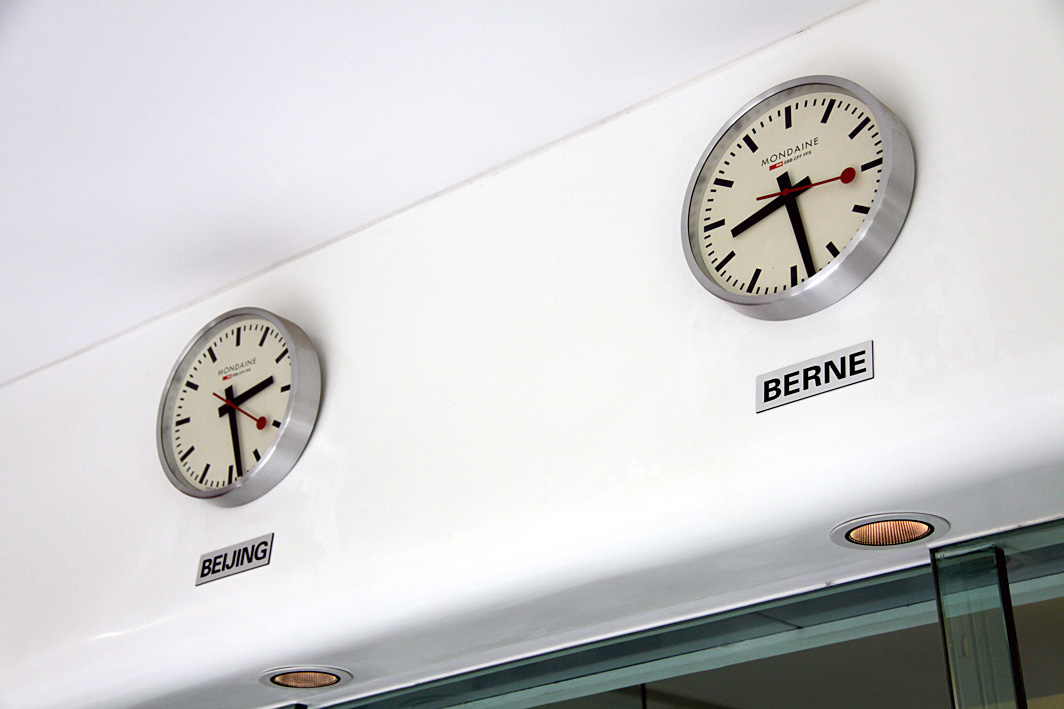
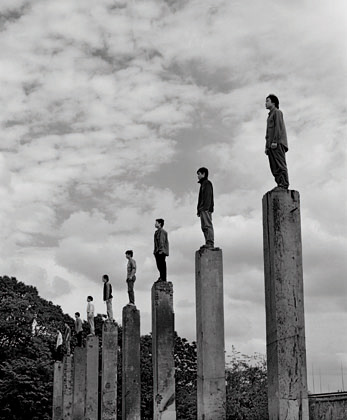
You can find an overview of ongoing debates with our journalists here. Please join us!
If you want to start a conversation about a topic raised in this article or want to report factual errors, email us at english@swissinfo.ch.